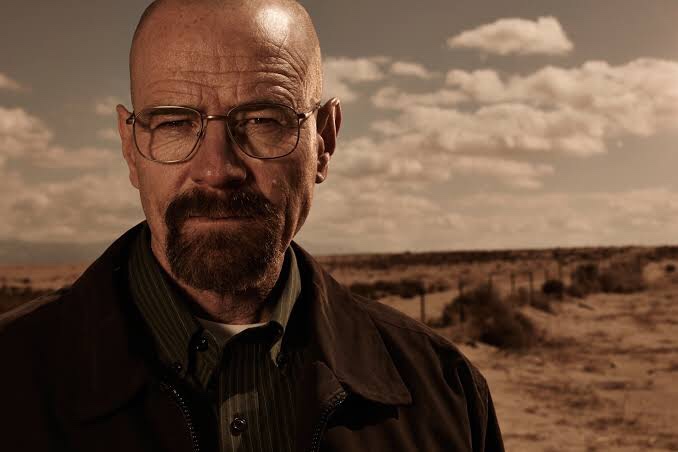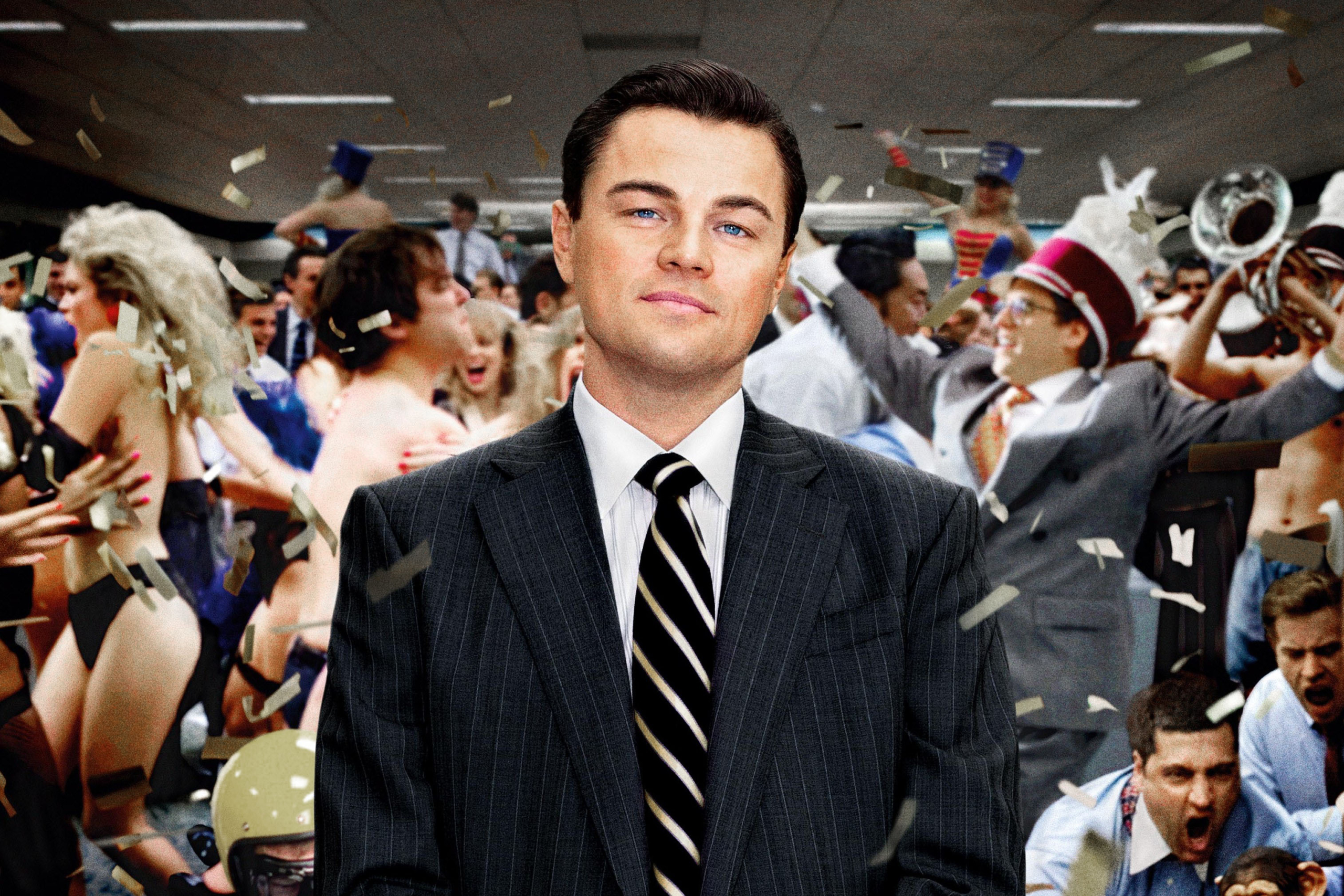Introduction:
Every individual embarks on their own unique journey, guided by aspirations, expectations, and plans. Yet, we are also bound by circumstances beyond our control, which shape us into the versions of ourselves that exist today. This notion is powerfully exemplified in the character of Walter White from the acclaimed TV series Breaking Bad.
In the critically acclaimed TV series “Breaking Bad,” the character of Walter White undergoes a profound transformation. From a mild-mannered high school chemistry teacher to a ruthless drug kingpin, Walter’s journey explores the complexities of human nature and the choices we make when faced with adversity. This article delves into the evolution of Walter White over the course of five seasons, examining the factors that drive his transformation and the implications of his choices.
The Prisoners of Circumstance:
Every individual is on their unique life path, guided by aspirations, expectations, and plans. Nonetheless, we are also constrained by circumstances beyond our control. Walter White epitomizes this struggle. Upon receiving a terminal lung cancer diagnosis, he confronts the realization that the life he has lived is incongruent with the life he desires. The imminent loss of his existence exposes the limitations imposed by his circumstances, prompting him to reflect on the choices that shaped his present self.
The Fear of the Unknown:
Walter White’s initial persona reflects a life driven by fear and complacency. Having worked as a chemistry teacher for 25 years after relinquishing his stake in a billion-dollar company, he feels disrespected, financially strained, and emasculated. His decisions are clouded by the fear of making the wrong choices, resulting in a gradual erosion of his moral fortitude. Walter begins as a moral, honest, and humble family man, but his fear-driven decisions render him cowardly.
The Catalyst for Change:
The cancer diagnosis serves as a catalyst, challenging Walter’s perception of his own mortality. It compels him to reassess his life choices and confront the notion that his existence has been dictated by fear. As he contemplates his impending death, Walter realizes the wasted years and the opportunities for self-actualization that he allowed to slip away.
Incentives and Transformation:
Humans operate on incentives, where positive outcomes reinforce specific behaviors. Walter’s decision to enter the methamphetamine business initially stems from his desire to provide financial security for his family after his demise. While his intentions may be morally questionable, his goal remains family-oriented. Nevertheless, as he treads further down this path, Walter’s bitterness and frustration with his circumstances begin to emerge. The fear that once hindered him dissipates, replaced by a newfound desire to seize control of his destiny.
The Study of Change:
Walter, a chemistry teacher, views chemistry as the study of change. It is through this lens that his transformation can be examined. His evolution unfolds in stages, each marked by significant shifts in his mindset and behavior.
Stage One: Breaking Free from Fear: Upon accepting his mortality, Walter exhibits a willingness to embrace his instincts and act upon them. His first steps towards breaking bad include retaliating against bullies and defending himself against imminent threats. While his actions are driven by self-defense, they signify his departure from a passive and fearful existence.
Stage Two: Embracing Ambition: With his cancer in remission, Walter realizes the positive results derived from his illicit activities. His moral compass becomes more ambiguous as he prioritizes personal gain over adherence to societal norms. Walt’s self-perception shifts from a pitiable charity case to a source of pride, and he adopts a new persona as Heisenberg, detached from his previous moral constraints.
Stage Three: Crossing Moral Boundaries: Walt’s journey continues, blurring the line between right and wrong. He resorts to manipulation, vigilantism, and calculated acts of violence to achieve his goals. The more he delves into the criminal underworld, the more he learns from those who excel in it. His actions become increasingly ruthless as he prioritizes self-preservation and personal ambitions.
Stage Four: The Pursuit of Power: Having eliminated the obstacles in his path, Walter revels in his newfound power. He becomes driven by ego, craving recognition for his abilities and achievements. The line between Walter White and Heisenberg begins to blur as his moral compromises intensify. Walter perceives himself as the mastermind of his empire, willing to do whatever it takes to maintain his position.
Stage Five: The Demise of Morality: At this stage, Walter’s transformation is complete. He has shed the remnants of his former self and fully embraced his role as a drug kingpin. His moral compass is irreversibly compromised, and he acts without hesitation or remorse. Walter’s pursuit of power and recognition eclipses all other considerations, leading to devastating consequences.
Conclusion:
The transformation of Walter White in “Breaking Bad” is a testament to the complexity of human nature and the choices we make under duress. From a timid and fearful man constrained by circumstance, Walter evolves into a ruthless and morally compromised figure driven by ambition and power. His journey serves as a cautionary tale, highlighting the dangerous consequences of unchecked ambition and the erosion of moral boundaries. Ultimately, the series leaves us pondering whether the cancer merely revealed the man Walter always wanted to be or if it played a role in shaping his transformation.










